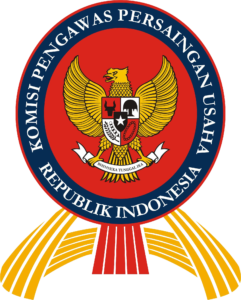
Badan Riset dan Inovasi Nasional
07-11-2022
12-08-2024
ff3d090c-a2bb-49e1-89a2-cdf325d18c1a
Since the non-invasive field endocrinology techniques were developed, several fe...
Mud crab (Scylla serrata) is one of the main bioresources which has important ec...
Increasing of natural resources utilization as a result ofpopulation growthandec...
Despite their significance, most sharks and rays species look very similar and d...
Monitoring of physiological stress in wild and/or endangered animals living in t...
INFORMASI: Data berikut ini masih dalam proses pemenuhan Prinsip SDI.
Validation of a field-friendly extraction and storage method to monitor fecal steroid metabolites in wild orangutans
Measuring hormone metabolites from feces is the most often used method to assess hormonal status in wildlife. Although immediate freezing of fecal samples collected in the field is the best method to minimize the risk of degradation of hormones over time, this is often not possible in remote field sites. Therefore, alternative storage and preservation methods for fecal samples are required in these conditions. We conducted an experiment to investigate if fecal glucocorticoid (FGCM) and progesterone metabolite (pregnanediol-3-glucuronide; PdG) levels measured from samples that were extracted with a simple, field-friendly methodology correlate with those generated from frozen samples. We also evaluated whether storing fecal samples in alcohol is a suitable alternative to preserve FGCM and PdG concentrations long-term (i.e. over a 9-month period) at locations where fecal extraction is not feasible. Finally, we tested if the hormone concentrations in unpreserved fecal samples of orangutans change over 14 h when stored at ambient conditions, representing the maximum duration between sample collection and return to the camp. FGCM and PdG levels measured from samples that were extracted with the field-friendly method showed strong correlations with those generated from frozen samples, and mean levels did not differ significantly between these methods. FGCM concentrations showed no significant change compared to control samples when fecal samples were stored for up to 6 months in alcohol at ambient temperature and PdG concentrations even remained stable for up to 9 months of storage. FGCM concentrations of fecal samples kept at ambient temperature for up to 14 h post-defecation did not significantly differ compared to control samples frozen immediately after collection. These results provide the basis for the successful monitoring of the physiological status of orangutans living in remote natural settings, like those included in the Indonesian reintroduction programs. April 2017, Volume 58, Issue 2, pp 285–294
